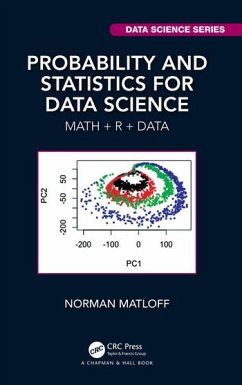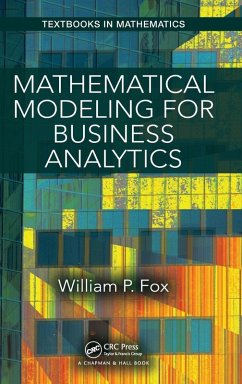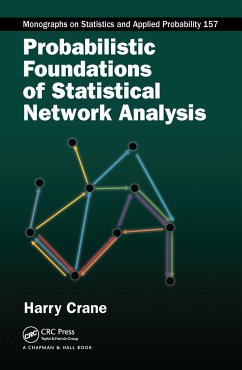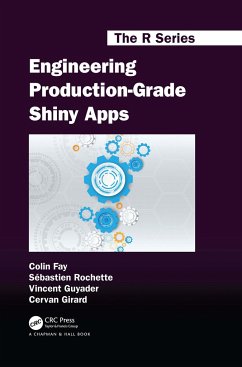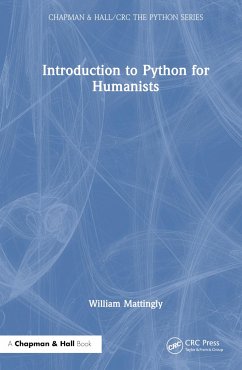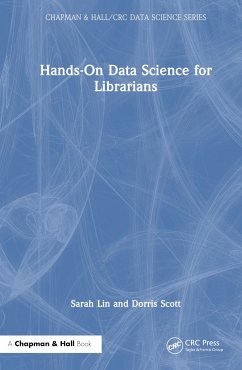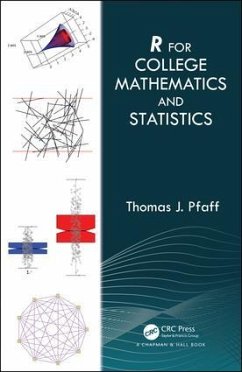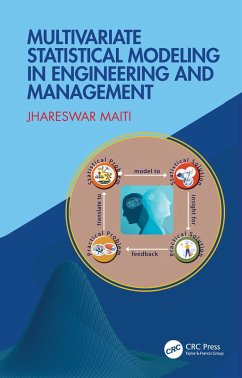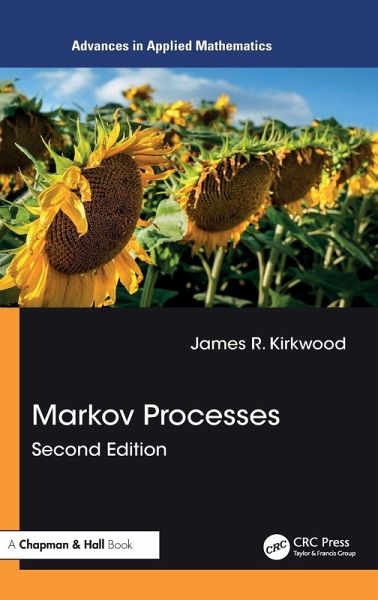
James R. Kirkwood
Gebundenes Buch
Markov Processes
Versandkostenfrei!
Versandfertig in 1-2 Wochen

PAYBACK Punkte
57 °P sammeln!




The second edition of Markov Processes provides a bridge from an undergraduate probability course to a course in stochastic processes. The text is designed to be understandable to students who have taken an undergraduate probability course without needing an instructor to fill in any gaps.
James R. Kirkwood holds a Ph.D. from the University of Virginia. He has had ten mathematics textbooks published on various topics including calculus, real analysis, mathematical biology and mathematical physics. His original research was in mathematical physics, and he co-authored the seminal paper in a topic now called Kirkwood-Thomas Theory in mathematical physics. During the summer, he teaches real analysis to graduate students at the University of Virginia. He has been awarded several National Science Foundation grants. Dr. Kirkwood's books for CRC Press include, An Introduction to Analysis, third edition (c)2024; A Transition to Advanced Mathematics (with Raina S. Robeva) (c)2024; Linear Algebra (with Bessie H. Kirkwood) (c)2024; Elementary Linear Algebra (with Bessie H. Kirkwood) (c)2023.
Produktdetails
- Verlag: Chapman and Hall/CRC
- 2. Auflage
- Seitenzahl: 346
- Erscheinungstermin: 28. Oktober 2025
- Englisch
- Abmessung: 240mm x 161mm x 23mm
- Gewicht: 684g
- ISBN-13: 9781041045311
- ISBN-10: 104104531X
- Artikelnr.: 74173578
Herstellerkennzeichnung
Libri GmbH
Europaallee 1
36244 Bad Hersfeld
gpsr@libri.de
Für dieses Produkt wurde noch keine Bewertung abgegeben. Wir würden uns sehr freuen, wenn du die erste Bewertung schreibst!
Eine Bewertung schreiben
Eine Bewertung schreiben
Andere Kunden interessierten sich für


